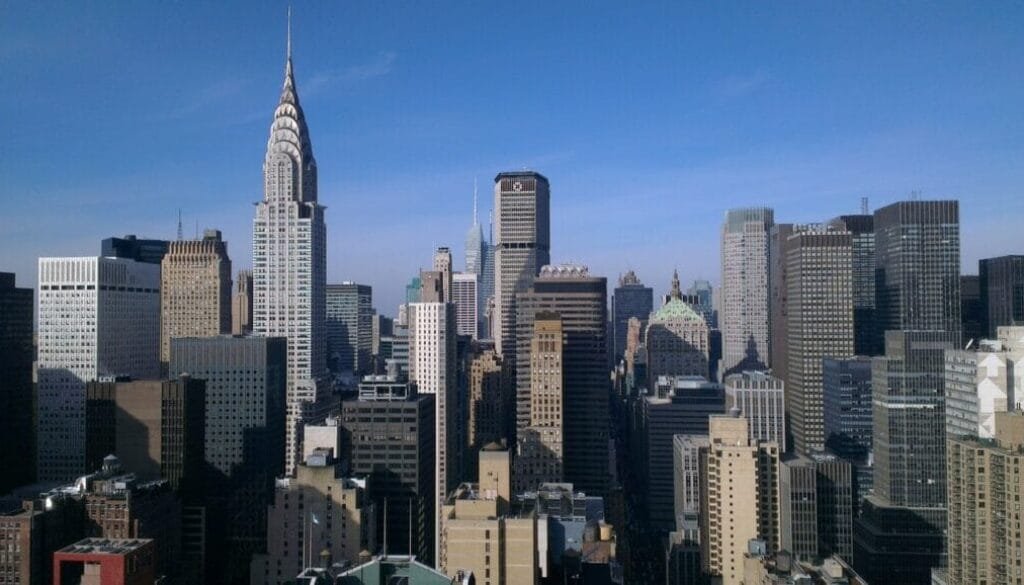Takeaways From NYC’s Near-Ban on Airbnb
In September 2023, New York City’s Local Law 18 ban on short-term rentals went into effect, aiming to curb the discretion of Airbnb and other platforms. A year later, let’s examine the results and unintended consequences of this regulation.
What Local Law 18 Requires
The law prohibited many owners and hosts from renting out properties for under 30 days unless present during the stay. It also limited guest numbers and introduced penalties for non-compliance. Platforms like Airbnb were required to ensure host registrations and faced penalties if non-compliant.
Takeaways from the Airbnb Near-Ban
- The number of illegal rentals decreased, and some neighborhoods saw a reduction in transient guest disruptions.
- Hotels in NYC experienced a 10.1% revenue increase, outpacing the national average.
- Airbnb listings for short-term rentals decreased by 83% year-over-year, while overall listings dropped only 24%.
- There was no significant increase in affordable housing, and rents continued to rise, with a 1-bedroom median rent reaching $4,500 per month.
- Business and tourism in outer boroughs like the Bronx, Brooklyn, Queens, and Staten Island suffered, with some sections seeing a 90% drop in listings.
- Owners of one- and two-family homes were shut out of the market, leading to a drastic fall in revenue.
- A loophole emerged, allowing condo owners in Class B buildings to offer short-term rentals for under 30 days without limitations.
- A black market for short-term rentals emerged, leaving guests vulnerable to fraud and poor service.
What’s Next?
New York City council members introduced Bill No. 1107, which would revive some short-term rental hosting for one- and two-family home owners. The hotel industry is expected to fight the bill. Regulators and affordable housing advocates globally will study the impact of Local Law 18 and similar restrictions to refine their initiatives.
🏙️ Final Thoughts
The near-ban on short-term rentals in NYC has had both intended and unintended consequences. While it reduced illegal rentals, it also created a black market and limited options for homeowners. As the regulation continues to evolve, it’s crucial to balance the needs of all stakeholders – hosts, guests, and the community. Stay tuned for further updates on this developing story!
